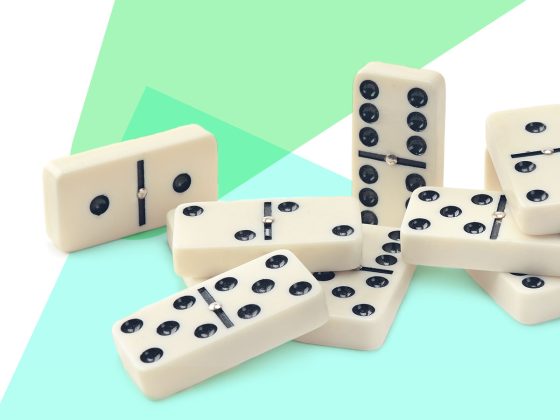
Math With Everyday Games
Learn how puzzles and other games can build math skills.
When kids play everyday games like cards and dice, they’re already discovering the fun in math.
Puzzles encourage kids to observe shapes. Point out the curves, lines, and angles on the pieces. See if a curve can fit next to a straight line or angle. Ask, “What might fit instead?” Encourage your child to rotate and flip pieces to make them work.
Card games can encourage kids to match and group items. Challenge kids to find all the cards of the same suit in a deck of cards. Then ask, “How else could we group them?” Try grouping by number, by color, or other ways.
Board games are often filled with opportunities to become children’s math games. Kids can play the role of the “bank” in games like Monopoly or Life. In other games, let kids keep score—helping them with simple addition as they do.
Game-board dice help kids learn to add. After kids roll a pair of dice, count the dots on one die, and then count the dots on the other. Ask, “How many dots did you roll all together?” Take away one die. How many dots are left?

Making Math Time Anytime!
Tips to highlight math in everyday life.
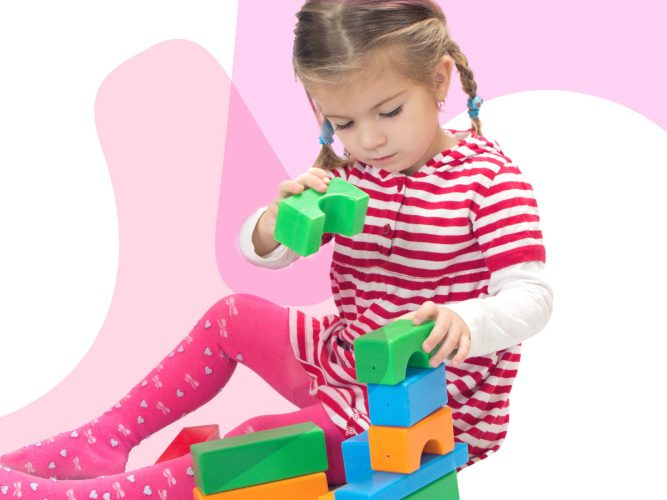
How Kids Make Sense of Numbers
Learn about five important "number sense" skills.

Bedtime Math
Enjoy math at bedtime with these finger plays and activities.
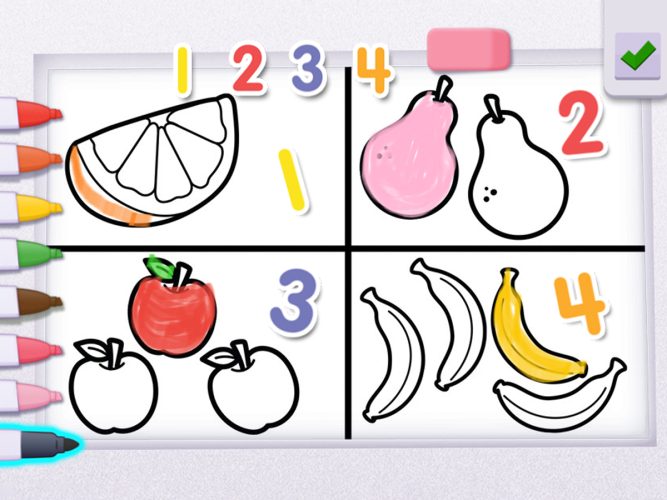
Playing With Numbers
An interactive game to build the basic skill of number recognition.

The Language of Math
Help children understand the world through "math talk."
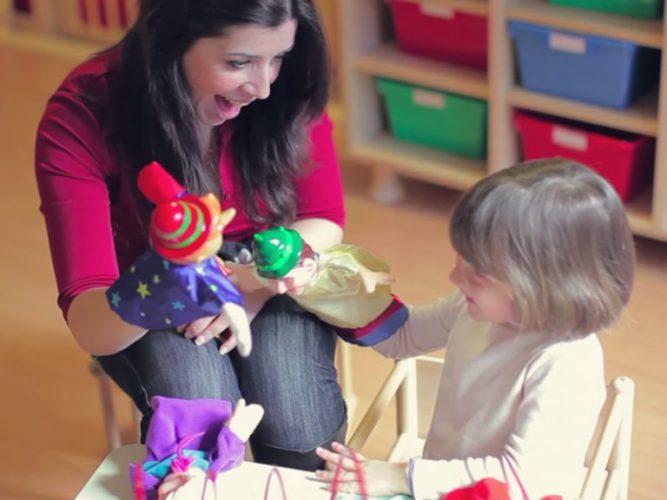
Make Believe With Math
You can create math moments in young children's lives, especially during pretend play.
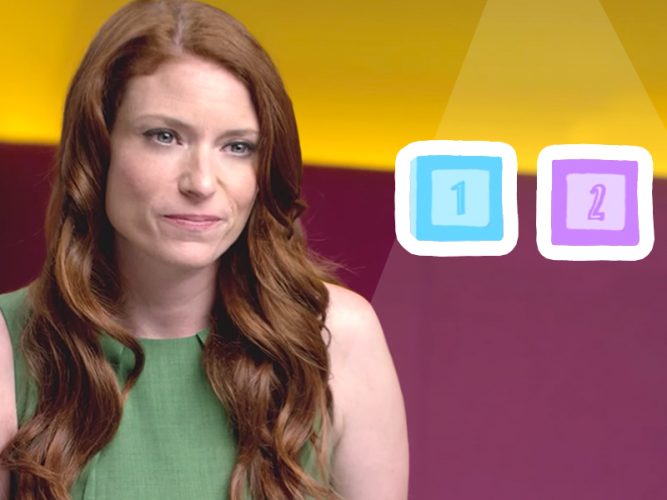
Math is Everywhere
Sesame Street curriculum expert, Autumn Zitani, M.A., explores strategies to support children's math learning every day.
